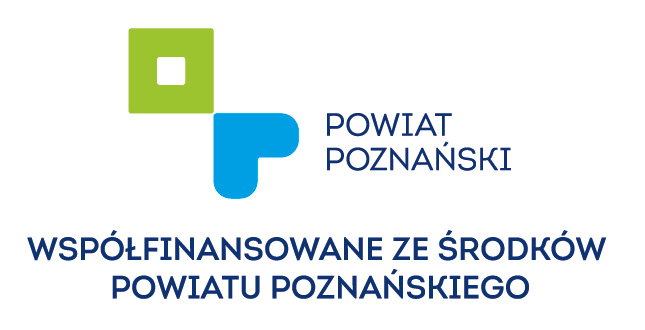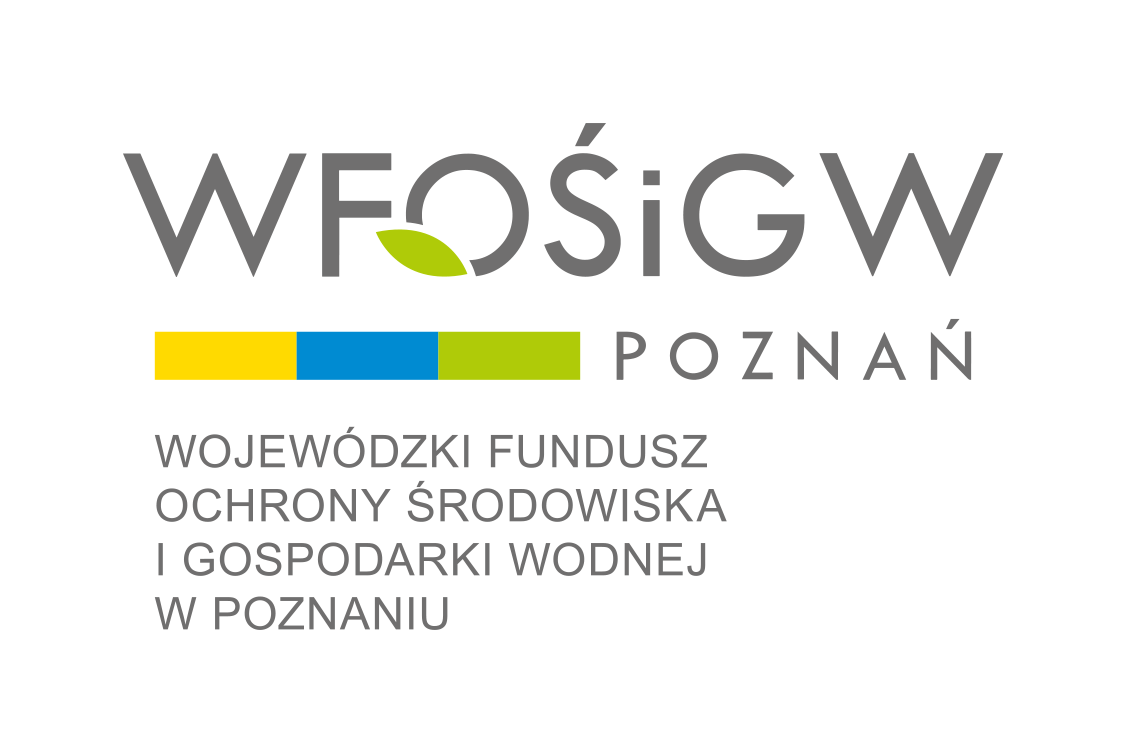Conference Program
Conference Plan:
May 8, 2024
8.30 – 9.30 – Registration
9.30 – 10.00 – OPENING CEREMONY – Speech by the Director of the Institute of Dendrology, Polish Academy of Sciences
10.00 – 10.15 – MSc Małgorzata Potocka – There is a solution to every problem: a contribution to the biography of Władysław Zamoyski (1853–1924)
LECTURES KEYNOTE SPEAKERS
10.15 – 10.35 – Prof. Marcin K. Dyderski – Future of European tree species: how will climate change shape forests?
10.35 – 10.55 – Prof. Andrzej M. Jagodziński – Carbon storage estimation in forest ecosystems – research and practice
10.55 – 11.15 – Prof. Daniel J. Chmura – Contribution of quantitative genetics to adapting forests to climate change
11.15 – 11.35 – Prof. Witold M. Wachowiak – Genomics of population history and adaptive variation in forest trees
11.35 – 12.00 – COFFEE BREAK
12.00 – 12.20 – Prof. Paweł Chmielarz – Can we conserve forest genetic resources ex situ in Poland for future generations in the face of global climate change?
12.20 – 12.40 – Prof. Ewa M. Kalemba – Factors determining seed viability and successful seed germination in a changing world
12.40 – 13.00 – Prof. Tomasz A. Pawłowski – Climate legacy in seed and seedling traits of European beech populations
13.00 – 14.00 – LUNCH
14.00 – 14.20 – Prof. Maria Rudawska – Ectomycorrhizal communities in forest ecosystems: state of the art and questions for future research
14.20 – 14.40 – Prof. Marcin Pietras – Biogeography of potentially invasive non-pathogenic fungi in Europe
14.50 – 15.10 – Prof. Grzegorz Iszkuło – What's the point of toothed leaves?
15.10 – 15.40 – COFFEE BREAK
ORAL PRESENTATIONS
Room 1
Session 1: Session Chair - Prof. Joanna Mucha
16.00 – 16.15 – Marcin Tomasz Mazurkiewicz – The impact of forest management and climate change on bryophyte diversity of the close-to-natural forest
16.15 – 16.30 – Francesco Latterini – Disturbance to forest soil related to small-scale forwarding in Mediterranean beech high forests
16.30 – 16.45 – Crispin Ilunga-Mulala Mushagalusa – Performances of native tree species in plantations: a synthesis for the Guineo-Congolian region
16.45 – 17.00 – James Oluborode – Needle structure and photochemical efficiency along a needle age gradient in four species of evergreen conifers
17.00 – 17.15 – Quadri Agbolade Anibaba – Can functional groups help explain vegetation development in post-mining sites?
17.15 – 17.45 – DISCUSSION
Room 2
Session 2: Session Chair – Prof. Leszek Karliński
16.00 – 16.15 – Odunayo James Rotowa – Revolutionizing nursery and garden practices: peat-free substrates and novel fertilization, strategies for sustainable seedling production
16.15 – 16.30 – Marifatul Haq Shiekh – Biodiversity indicators for developing forest management and eco-restoration strategies at stand-level in the Indian Western Himalaya
16.30 – 16.45 – Agnieszka Hutniczak – Variation of cell wall chemical composition in the leaves of silver birch (Betula pendula) growing in different habitats in the urban-industrial landscape
16.45 – 17.00 – Hichem Benali – Assessment of conservation plantings for an endangered species (Cupressus dupreziana A.Camus)
17.00 – 17.15 – Antonina Magdalena Dubińska – Robinia pseudoacacia in urban forestry – management implications based on a literature survey and a case study in Warsaw
17.15 – 17.45 – DISCUSSION
19.00 – 23.00 – BANQUET
May 9, 2024
ORAL PRESENTATIONS
Room 1
Session 3: Session Chair – Prof. Olena Blinkova
9.30 – 9.45 – Dominika Błotko – How can functional traits of herbaceous plants protect information about the adaptive capabilities of plants and environmental changes?
9.45 – 10.00 – Kristiina Palm-Hellenurm – Delayed response of bryophytes to wind disturbance and salvage logging in hemiboreal mixed forests
10.00 – 10.15 – Evangelia Siafali – Surface deformation monitoring in forest road networks: a high precision UAV real-time kinematic approach
10.15 – 10.30 – Martyna Lasek – Comprehensive genomic analysis of breeding Scots pine (Pinus sylvestris) populations in Poland
10.30 – 10.45 – Beata Ciak – The influence of changes in temperature on the reactions of forest herbaceous plants on the example of the yellow archangel (Galeobdolon luteum)
10.45 – 11.00 – Tara Kaila – Variations of ion concentrations in stemflow and throughfall in a Beech Forest in Germany
11.00 – 11.15 – DISCUSSION
11.15 – 11.45 – COFFEE BREAK
Session 4: Session Chair – Prof. Teresa Hazubska-Przybył
11.45 – 12.00 – Quentin Guidosse – Unraveling belowground interactions in okoumé (Aucoumea klaineana Pierre) stands: the roles of root anastomoses and mycorrhizal associations
12.00 – 12.15 – Hanna Fuchs – Redox dynamics in seeds of woody species: unravelling adaptation strategies for different seed categories
12.15 – 12.30 – Mihhail Brodski – Impact of elevated air humidity on the endophytic fungal communities in foliage of silver birch and Norway spruce
12.30 – 12.45 – Olga Łuczak – Adaptation to warming: genetic variability and potential range shifts in European beech (Fagus sylvatica) across a temperature gradient in Poland
12.45 – 13.00 – Mateusz Sydow – The utilization of waste generated in the chemical industry for the purposes of sustainable forest management
13.00 – 13.15 – Katarzyna Ewa Niedźwiecka – Geocaching as a tool for the popularization of forest sciences
13.15 – 13.30 – DISCUSSION
13.30 – 14.30 – LUNCH
Session 5: Session Chair – Prof. Dominik Tomaszewski
14. 30 – 14. 45 – Lukas Petrulaitis – Less productive, but successful. A case of Cornus sericea invasion in Lithuania
14. 45 – 15.00 – Katarzyna Kondrat – Drivers of intraspecific variation in fecundity in rowan (Sorbus aucuparia)
15.00 – 15.15 – Pulak Maitra – The effects of Pinus sylvestris geographical origin on the community and co-occurrence of fungal and bacterial endophytes in a common garden experiment
15.15 – 15.30 – Dominika Robak – Natural regeneration potential of black poplar along the Vistula River valley in Poland
15.30 – 15.45 – Paulina Pacek – Aliens are among us… Colletotrichum acericola as a threat to native maple species in Poland
15.45 – 16.00 – DISCUSSION
16.00 – 16.30 – COFFEE BREAK
Session 6: Session Chair – Prof. Emilia Pers-Kamczyc
16.30 – 16.45 – Nicolo di Marzio – Extension of skid trail network on salvage logging operations: an overview on the north-east Italian Alps
16.45 – 17.00 – Zofia Świeżewska – Peatland restoration correlates with Sphagnum fuscum morphology
17.00 – 17.15 – Beata Kinga Olesik – How do phorophytes shape the diversity of dependent epiphytic flora in Central European lowland forests?
17.15 – 17.30 – Maria Boukouvala – Novel pheromone traps for monitoring Thaumetopoea pityocampa
17.30 – 17.45 – Valerio Prosseda – Land suitability maps based on the GIS-MCDA-AHP approach for selecting the most prudent forestry ectomycorrhization
17.45 – 18.00 – DISCUSSION
Room 2
Session 7: Session Chair – Prof. Ewa M. Kalemba
9.30 – 9.45 – Marko Spasić – The effect of various tree species and time on the process of soil formation on post-mining sites: A common garden experiment under 22 tree species and a chronosequence from Sokolov, Czech Republic
9.45 – 10.00 – Karol Tomczak – Growing Silver Birch (Betula pendula Roth.) on Post-Agricultural Land for Higher Wood Quality: A Case Study in Northwestern Poland
10.00 – 10.15 – Cornelia Amon – Protected forest patches conserve both carbon stock and tree stand diversity
10.15 – 10.30 – Katarzyna Rawlik – Adapting artificial forest regeneration to environmental changes – perspectives from Slovenia
10.30 – 10.45 – Małgorzata Stanek – Comparison of leaf chemical characteristics between invasive monospecific, native monospecific and native multispecific stands
10.45 – 11.00 – Kleiton Machado – Insights into annatto’s adaptive strategies to drought stress: implications of juvenility
11.00 – 11.15 – DISCUSSION
11.15 – 11.45 – COFFEE BREAK
Session 8: Session Chair: Prof. Tomasz Leski
11.45 – 12.00 – Marcel Mendes – Temporal modulation of the ecophysiology of Schinus terebinthifolia and Dalbergia ecastophyllum used in the revegetation of a fragment of the Atlantic Forest
12.00 – 12.15 – Marta Górska – The content of trace elements in the soil, bark and wood of Pinus sylvestris L. from an area polluted by cement dust deposition
12.15 – 12.30 – Marta B. Kujawska – Soil mycobiome of Ulmus laevis grown in diverse habitats
12.30 – 12.45 – Boris Rantaša – Adapting artificial forest regeneration to environmental changes – perspectives from Slovenia
12.45 – 13.00 – Sebastian Bury – The impact of Prunus serotina Ehrh. on temperate forest natural regeneration
13.00 – 13.15 – Parvin Dashti – Analysis of import demand function of Iranian paper and paperboard using bond test
13.15 – 13.30 – DISCUSSION
13.30 – 14.30 – LUNCH
Session 9: Session Chair: Prof. Daniel J. Chmura
14.30 – 14.45 – Salvatore Francesco Papandrea – Noise propagation in forest environment during cross-cutting operations by chainsaw
14.45 – 15.00 – Jolanta Masłowiecka – Study of the chemistry of leaf litter decomposition of selected deciduous trees in environmental conditions
15.00 – 15.15 – Riccardo di Cintio – Optimizing the assessment of habitat trees in forest landscape management planning
15.15 – 15.30 – Natalia Mazurek – The influence of environmental variables on the species composition and richness of oak forest stands in large-scale Scots pine monocultures
15.30 – 15.45 – Sonia Paź-Dyderska – How much do floral, fruit, and leaf traits of woody plants vary within a species?
15.45 – 16.00 – DISCUSSION
16.00 – 16.30 – COFFEE BREAK
Session 10: Session Chair: Prof. Marzenna Guzicka
16.30 – 16.45 – Joanna Kijowska-Oberc – Proline as a component of metabolic pathways network in plant cells – available knowledge and potential applications
16.45 – 17.00 – Anna Skourti – Monitoring and management of Lymantria dispar life stages in southern Greece
17.00 – 17.15 – Davide Gerna – Cell cycle and lipid rearrangements to optimise cryopreservation of Quercus robur
17.15 – 17.30 – Magdalena Terlecka – Genetic and clonal structure of the white poplar (Populus alba)
17.30 – 17.45 – Dominika Thiem – Mycobiome of Alnus glutinosa roots and rhizosphere in response to salinity
17.45 – 18.00 – DISCUSSION
19.00 – 23.00– BARBECUE DINNER
10.05. 2024 r.
9.00 – 15.00 – WORKSHOPS:
1. Ectomycorrhizal fungi – from fruiting body to DNA sequencing
2. In vitro propagation of plants
3. Population genetics of forest trees
4. Woody plants species recognition
5:00 PM – Departure to Stołowe Mountains National Park
May 11-12, 2024
Field excursion to the Stołowe Mountains National Park
Return to Kórnik on May 12, 2024, around 6:00 PM











